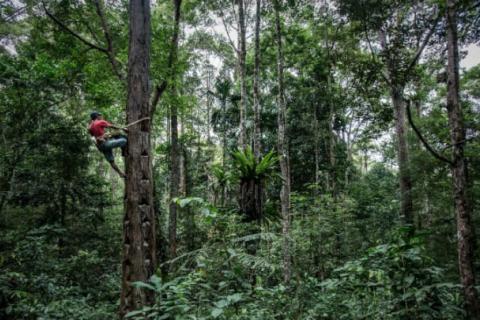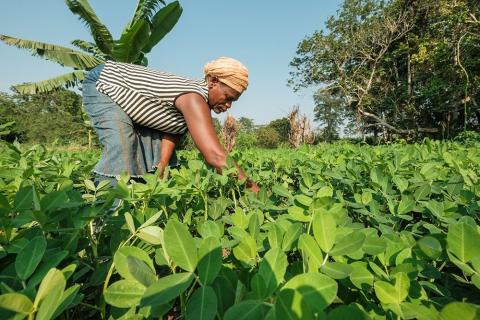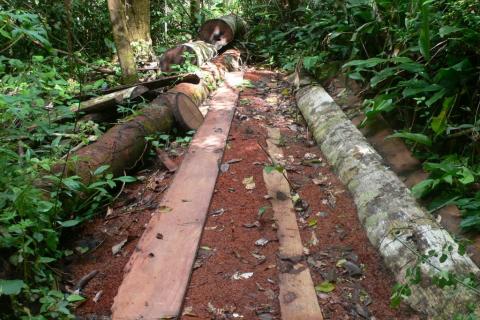Eviction of two million Indian forest dwellers stirs up a storm
Their claims were rejected, raising concerns whether due process was followed
The recent Amazon wildfires brought everyone to a choking standstill as the world’s largest tropical rainforest and the lungs of our planet were going up in flames. Environmentalists blamed the far-right Brazilian President Jair Bolsonaro, who pushed for development of the protected land reserves and is against environmental fines. Speculation is rife that the fires started with a deliberate attempt by loggers and farmers to clear the forests.












